Further FAQs
1. This might be a particular question to my context only but we always pay our ECTs for 3 weeks in the summer term prior to their September start as paid induction to the school. I am fortunate that 4 of these have been trainees with our school for most of the past year and they know the school and our practices well. This means I need to completely rethink out induction period and I would like to use some of the time to perhaps front load some modules and learning for both ECTs and mentors. Will this be possible (i.e. can we access UCL resources earlier than Sept?) and are any other schools doing something similar?
If you are following the UCL core induction programme (CIP) or the full induction programme (FIP), you can access the core induction materials here. This includes the Early Career Teacher (ECT) self-guided study, mentor sessions and induction materials.
At this stage we are unaware of schools front loading during the summer term but there is no reason why this can't take place.
2. When and where are the training sessions likely to take place?
The ECT 2 hour training sessions will be delivered locally and a decision as to whether this training will take place face to face or online will also be made at local level.
An overview of when the facilitated training sessions are scheduled to take place is located here. The training sessions for the ECT and the online learning community sessions for both the ECT and mentor will take place after school.
3. Who will be the Appropriate Body? How often should mentors meet ECTs in the 1st yr & 2nd year? Will we still use (something similar to) Hillingdon NQT Manager to register and assess ECTs?
Schools are able to continue to work with an appropriate body of their choice. The AB must inform the Teaching Regulation Agency of the induction type the school has chosen.
- In year 1, ECTs will have a weekly mentor meeting with their mentor. (39 sessions).
- In year 2, ECTs will have 20 meetings with their mentor.
NQT manager will be updated to reflect the new statutory requirements and ABs will continue to use this system.
4. What are the cost implications for school if they go with the FIP per ECT? Who will be providing the training for ECTs and mentors and where will this be taking place?
There is no charge to schools irrespective of whether they are designing and delivering their own school-based programme or delivering the CIP or FIP.
In the first instance, Teach West London will be approaching lead schools (likely to be former Teaching School Alliances) and the local authority in each borough to put in place a local delivery model to train ECTs and mentors. These partnerships can only be formalised once we have confirmed numbers of partner schools and estimated numbers of ECTs. More information will be provided on local partnerships in June 2021.
The ECT 2 hour training sessions will be delivered locally and a decision as to whether this training will take place face to face or online will also be made at local level.
An overview of when the facilitated training sessions are scheduled to take place is located here. The training sessions for the ECT and the online learning community sessions for both the ECT and mentor will take place after school
5. Can you please clarify the fees and funding.
All state schools offering statutory inductionwill receive additional funding to deliver the Early Career Framework (ECF) reforms. This includes:
- Funding for 5% off timetable in the second year of induction for all early career teachers (additional to the 10% in the first year)
- Funding for time for mentors to spend with early career teachers in the second year of induction
A single payment will be paid in the summer term of the second year of induction, based on the number of ECTs commenced each term in that academic year. This data will be collected through the school workforce census. If an ECT leaves the school after the first year, the new school gets the funding.

Additional fundingfor schools using a provider-led programme (FIP) for the time mentors of early career teachers will spend on training. This will consist of 36 hours of backfill time over two years per mentor. Funding for this programme will be paid directly to schools.

For information on funding amounts/ formulasand mechanisms, please visitEarly career framework reformsoverview
There is no charge to schools irrespective of whether they are designing and delivering their own school-based programme or delivering the CIP or FIP.
6. What happens if we think an ECT is making progress, do we need to wait for a formal assessment point for support? 2. I have an NQT returning from maternity leave 2 days a week. She has only completed 1 term of her induction year. What are the expectations for her?
There are two formal assessments points during the course of the 2-year induction programme. These are at the end of year 1 (term 3) and at the end of year 2 (term 6). The induction tutor will also carry out a progress review at the end of terms 1, 2, 4 and 5 and provide feedback to the AB to ensure all ECTs can receive additional support where required.
If the member of staff is a current NQT but will not finish induction this academic year, they are encouraged by the DfE to engage in ECF for the remainder of their induction. Their induction remains under the current statutory guidance as long as they complete in 2021/22.
7. How much additional workload will this be for Mentors and Leadership Teams in schools? What will the actual cost be?
There is no charge to schools irrespective of whether they are designing and delivering their own school-based programme or delivering the CIP or FIP.

8. Will schools without ECTs in 2021-2022 be able to access the training for the Induction Tutor in 2021-2022 to prepare for the future.
The guide for induction tutors is located here.





